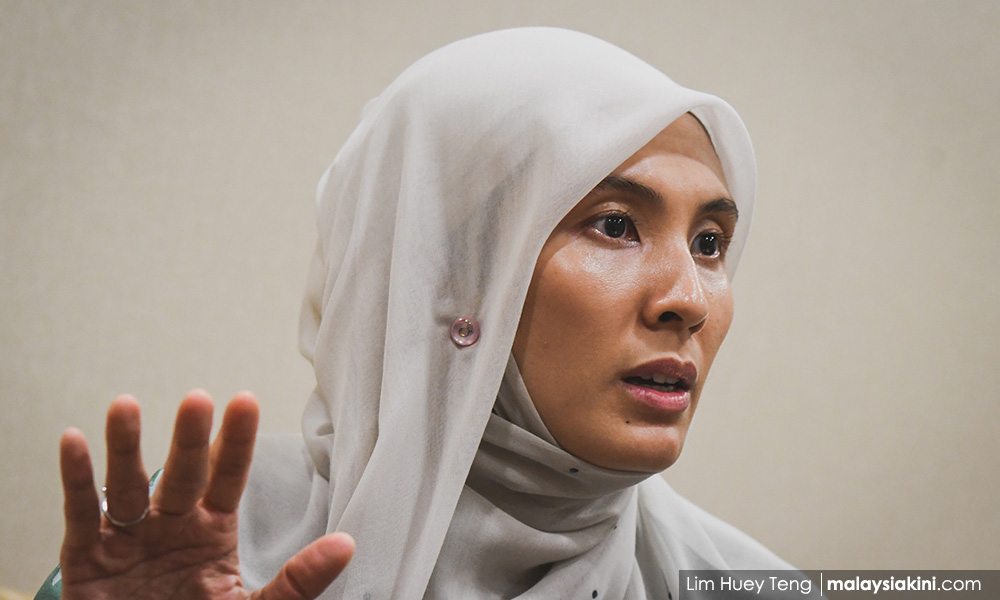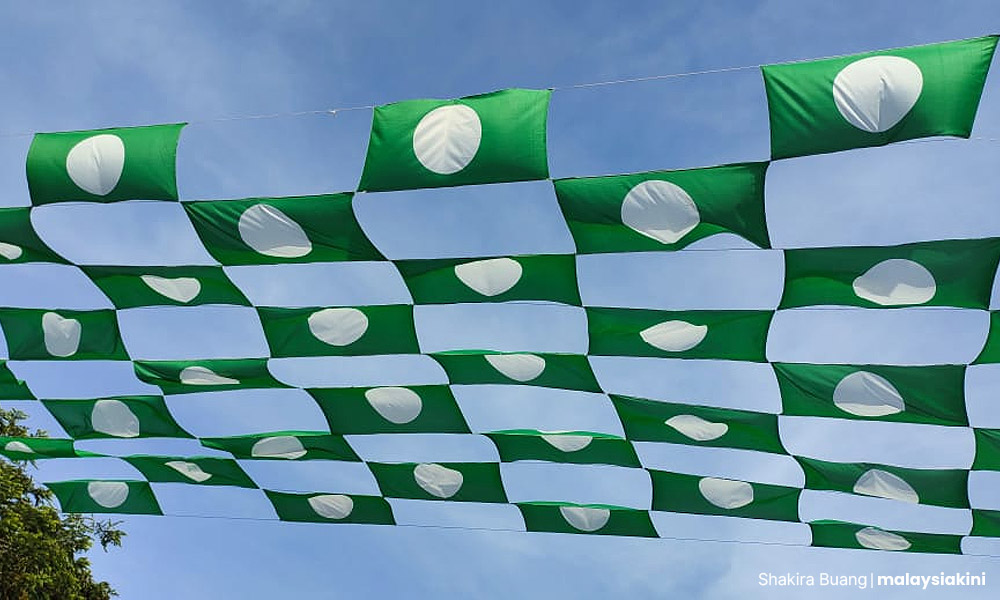ADUN SPEAKS | In the 15th general election (GE15), although Pakatan Harapan won the most seats as a coalition, a single party, PAS, a Perikatan Nasional (PN) component party, came out on top with 49 seats.
Prior to GE15, it was widely accepted that Terengganu, Kelantan, Perlis, and Kedah were the only northern Malay heartlands where PAS and its brand of conservative Islam were most prevalent.
PAS was never expected to influence federal politics or win more than 10 percent of the 222 parliamentary seats, especially when we reflect on the last three national elections where PAS won only 18 to 23 seats.
Outside their usual strongholds, they could only win if there had been a significant change in the voting patterns of both existing voters and, more importantly, new voters.
In GE15, we witnessed this change in voting patterns for PAS all over the country.
In Penang, for example, which is considered one of Malaysia’s more liberal states and has the country’s only Chinese chief minister, PAS proudly won two seats.
Notably, in the Permatang Pauh parliamentary seat, PAS managed to force out Anwar Ibrahim’s daughter Nurul Izzah of Harapan.

This particular parliamentary seat had been held by Anwar, his wife Dr Wan Azizah Wan Ismail and Nurul Izzah since 1986.
Early analytical reports indicate that new young voters supported the party strongly, although their turn-up percentage was not as huge as other age categories.
The political landscape in Malaysia is changing drastically. Political Islam has gained popularity in Malaysia and the conservative religious politics of PAS are becoming more attractive and found an audience in young and first-time voters.
PN contested 180 parliamentary seats in GE15. Bersatu contested the most seats (74), followed by PAS (64), Gerakan (20), and associate members of Bersatu (11).
Additionally, 116 state seats were contested by the coalition in Perak, Pahang, and Perlis.
Campaign via TikTok
Statistics show that 60 percent of the six million new voters are Malays. While voters in their mid-20s to mid-30s tend to be conservative regardless of race, 18- to 21-year-old voters are looking forward to change and are looking for candidates whose messages reflect the concerns of their generation.
In the past two years, there have been 14.4 million more TikTok users in Malaysia. Facebook still tops the rankings with 21 million users and Twitter has 4.4 million users.
Analysts claimed that GE15 campaigns and methods, especially those targeting youths, were influenced by the shift to TikTok.
They described this as one of the significant factors of a large shift in the overall voting pattern.

Preliminary analysis shows the wave of young voters and Malay voters getting their first-hand information from social media platforms such as TikTok was one of the main factors in PAS’ 49-seat victory.
With the appointment of Anwar as the 10th prime minister of Malaysia, an unprecedented coalition of Harapan and BN was formed as the ruling coalition.
This also means the role of checks and balances will rest mostly on the shoulders of the PN MPs who will scrutinise all matters of the government in the Parliament.
Looking forward, as part of PN, PAS which has always been seen as a religious and conservative party, shall prepare itself as part of the government in waiting and function diligently as the party that has the most seats in the Dewan Rakyat.
People are waiting anxiously to see how the cleric-dominated party will contribute to the country, especially on welfare and economic issues post-GE15.
MUHAMMAD KHALIL ABDUL HADI is the Batu Buruk assemblyperson and chairperson of the Central PAS International Affairs and External Relations Council.
The views expressed here are those of the author/contributor and do not necessarily represent the views of Malaysiakini.

